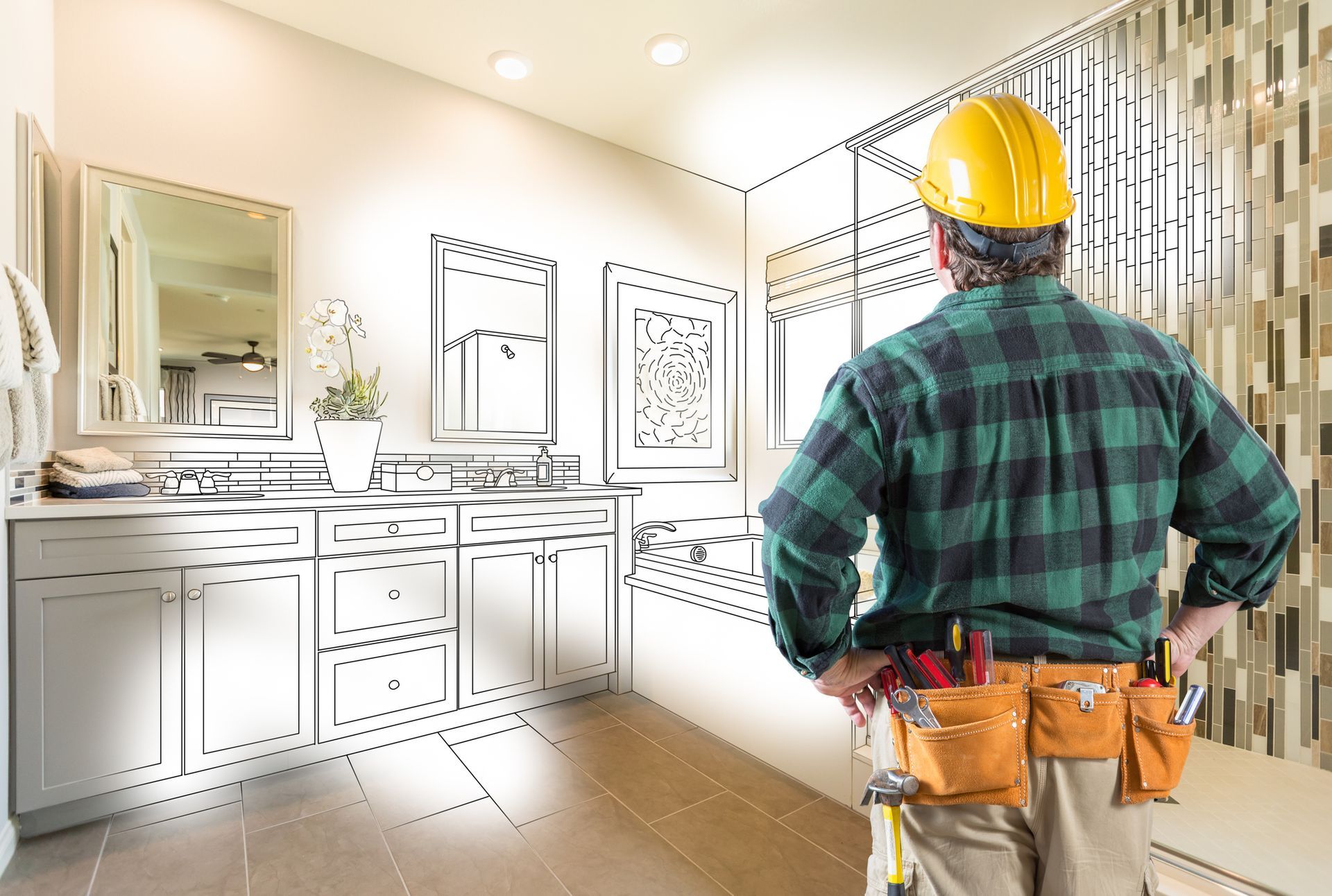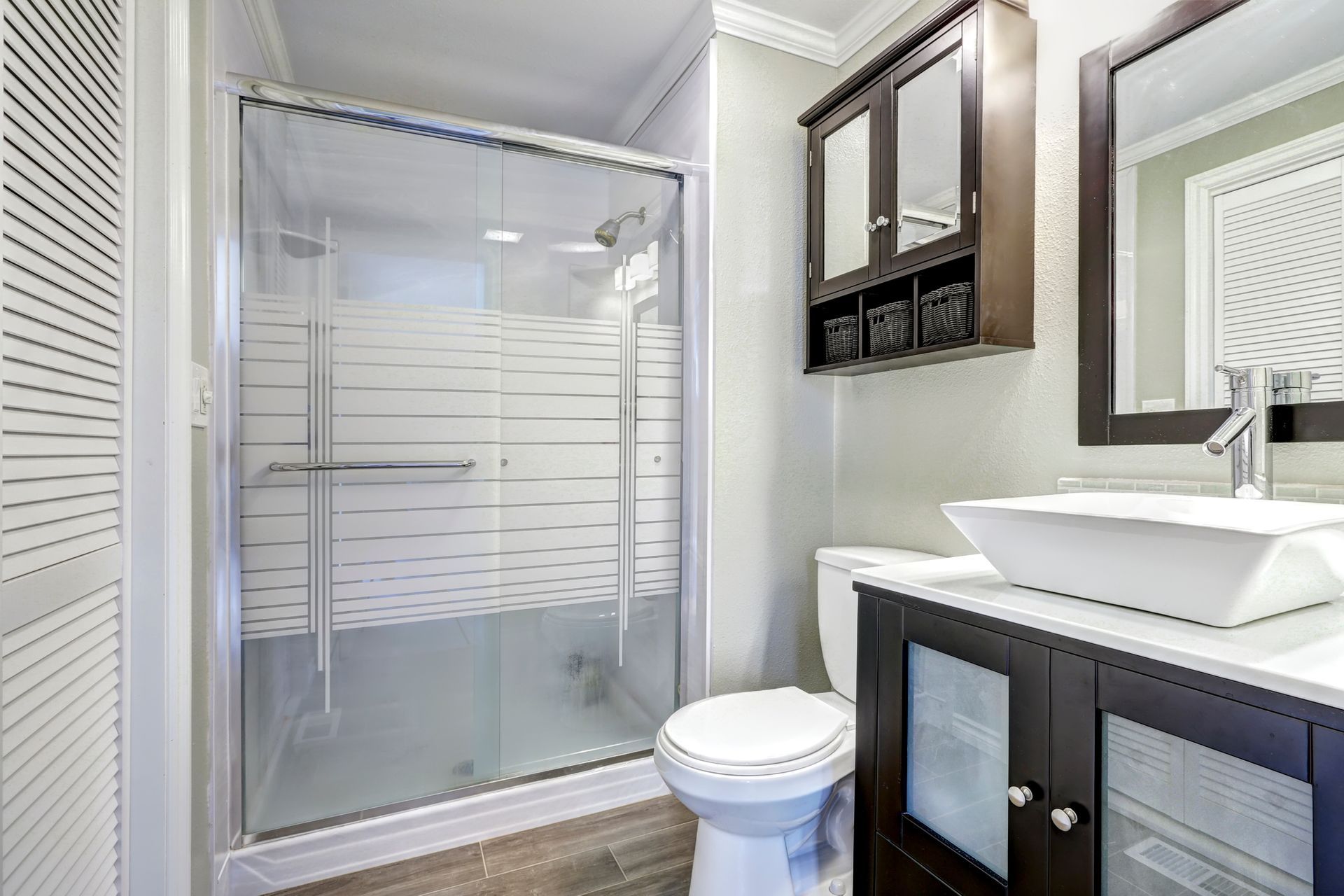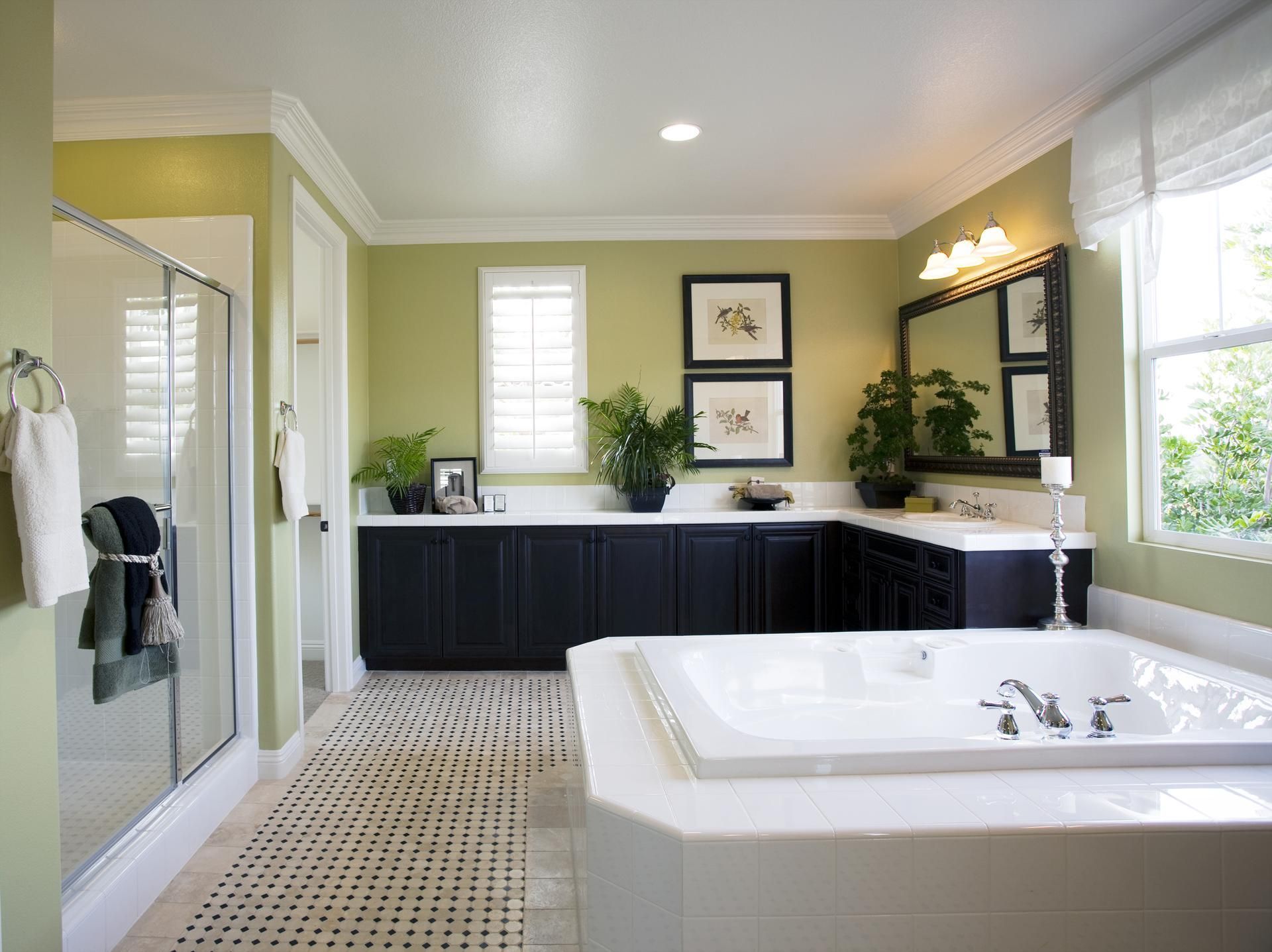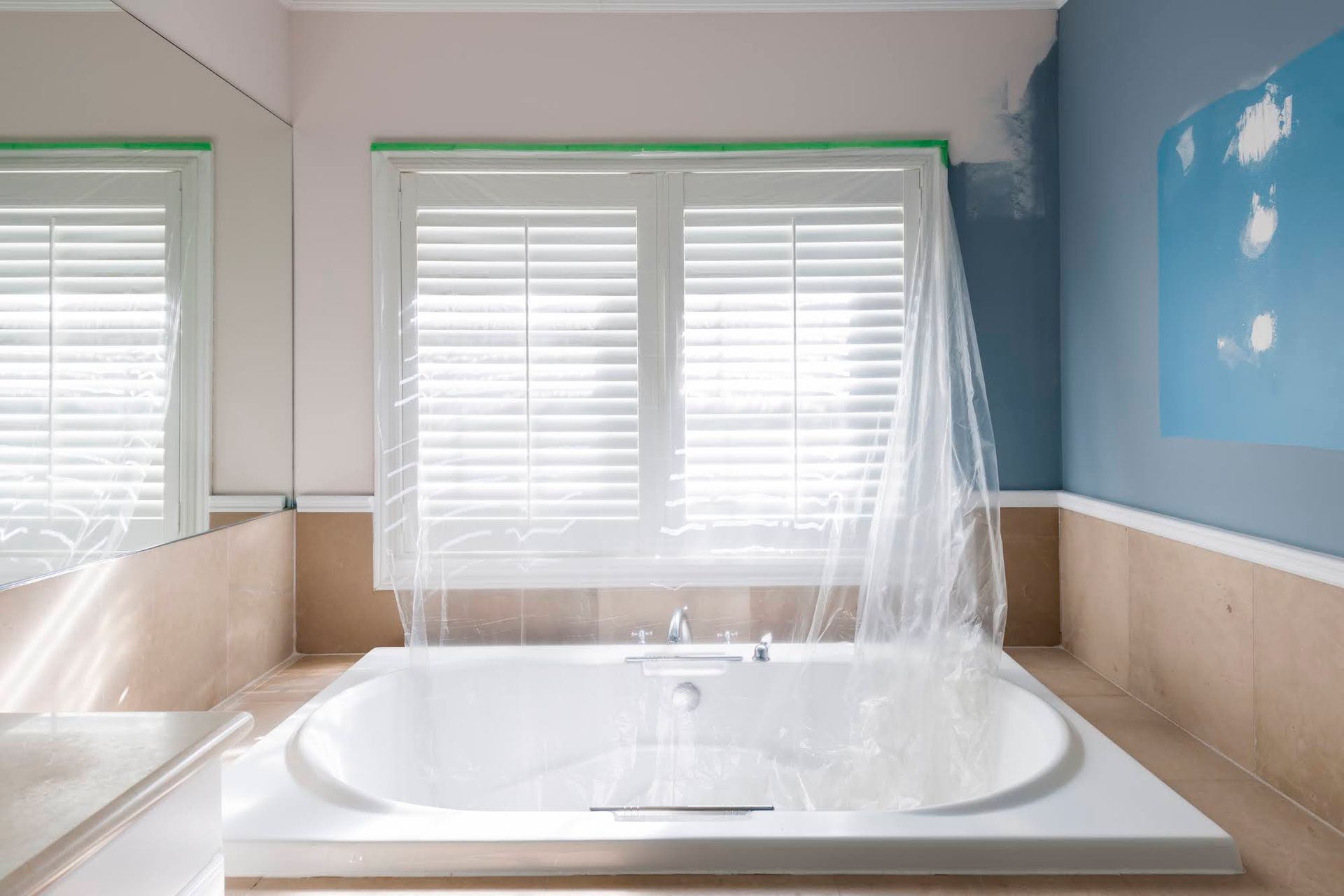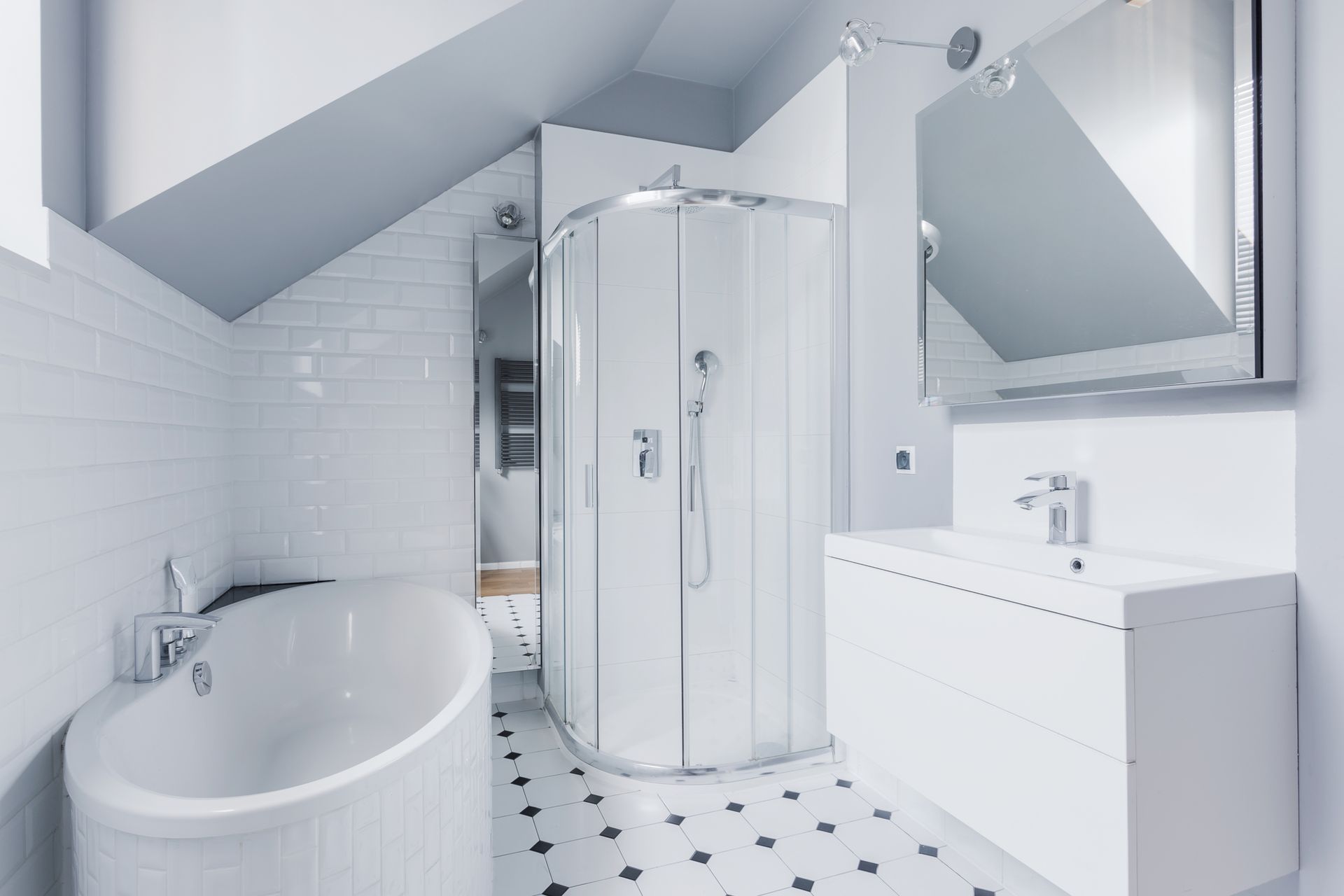5 Signs You Should Upgrade Your Bathtub

Are you spending more time in your bathroom lately, pondering whether it's finally time to upgrade your worn-out, old tub? Upgrading your bathtub is an excellent measure to instill freshness into your bathroom décor and enhance your bathing experience.
However, it can often be challenging to tell whether what you see necessitates a complete bathtub upgrade or just minor fixes. Let's walk you through the five signs that your beloved bathtub needs an upgrade.
1. Cracks and Chips
Small fractures or chips in your bathtub may not seem like a big deal, but they can quickly worsen and make your tub unusable and unsightly. Regardless of how small, a tub fracture means it can not keep water out, which can lead to rust and leaks. Because of this, mildew, mold, and wood rot can spread from the tub and onto the surrounding walls and flooring.
Similarly, cracks in a bathtub are ugly and undesirable as they will ultimately trigger leaks and require repairs. Over time, any crack— no matter how minor—will widen, especially when subjected to the stress of repeated use.
2. Mold and Mildew
Mildew and mold can be deceptively simple problems at first. Organisms like mold and mildew prefer humid, dark environments. Steam and humidity make the bathroom an ideal breeding ground for mold and mildew. However, if not addressed, it can lead to costly repairs for both your bathtub and your house's framework. Furthermore, it poses a health concern and might aggravate preexisting respiratory and other conditions.
3. Persistent Stains
The protective coating on your tub will eventually peel off, leaving it porous and open to filth, bacteria, and germs. This makes it tough to keep tidy and may make stains increasingly persistent and resistant to eradication.
Even if you scrub your bathtub thoroughly, hard water and soap scum can leave an unavoidable ring of contaminants around the tub that will never go away. When the tub's protective coating wears away, stains can penetrate deeply into the surface, rendering it very difficult to clean.
4. Leaks
A leaky bathtub can cause major problems for your home, including the spread of mold and even the collapse of the building's foundation. Leaks are a nuisance, but problems with the plumbing system can be even more of a concern.
If you notice puddles forming on the floor after each bathtub use, you may have a leak. This suggests the presence of a leak in the bathroom's bathtub. Filling your tub, sealing it, and checking the water level after an hour or two is another technique to look for leaks. If the water level has dropped, there is probably a leak somewhere that requires fixing.
5. Discomfort and Inaccessibility
The bathtub is an integral part of our daily personal care routine as one of the bathroom's most utilized and vital components. However, as the years go by, a demand for a bathtub replacement may develop if it becomes inconvenient or impossible to use.
Because our bodies change as we age, a tub that used to be soothing and relaxing may now cause us pain. Bathtubs in older homes tend to be narrower and shorter, making it difficult to sit in for any length of time. This can cause unused bathroom space to go to waste.
We may be unable to utilize the tub due to physical changes, accidents, and injuries. Using a standard tub with high sides might be difficult and even dangerous if you or a family member have mobility limitations. In this context, ease of access is essential. A walk-in tub or shower conversion can make your bathroom more accessible for people of all abilities.
Contact us at Midwest Bath Co. for bathtub, shower, and other upgrades to the wet space in your bathroom.


